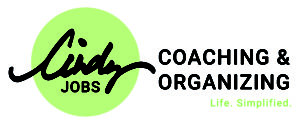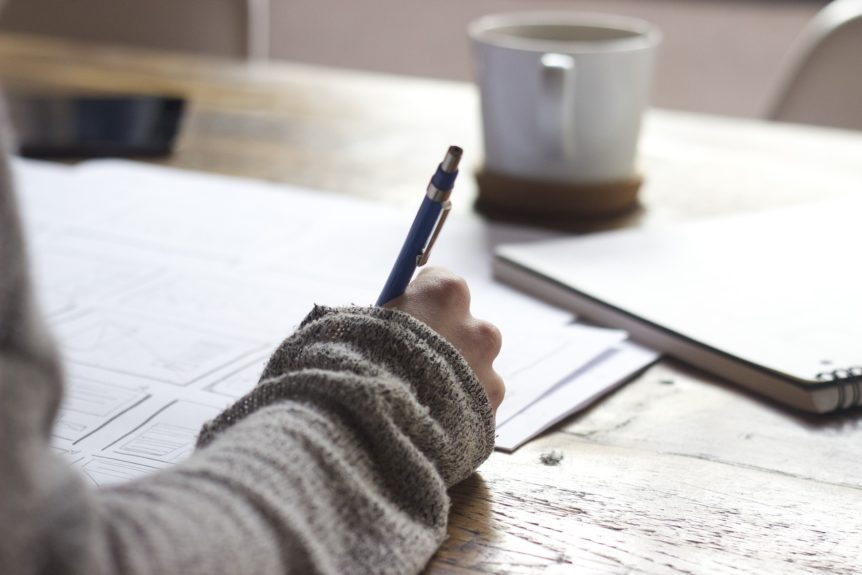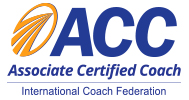If it’s important enough to remember, it’s important enough to write down.
As much as we try, or think we can, our memory just can’t remember and recall everything when we want it to. Hence the need to write things down.
Why bother?
- Writing things down lets our minds focus a bit less attention on a particular task. Our brains work like a computer. If it’s doing one thing it can’t do something else (Multi-tasking, no. Switch-tasking, yes). If I’m trying to remember to take the garbage out before bed, I’m less focused on what I’m doing right now. The solution? Put a sticky note on the bathroom mirror as a reminder to take the garbage out. Layering on an additional support structure frees brain power to concentrate on what’s critical right now.
- We can’t remember and access everything we want to at the right time. I have a lot of stuff I want to remember: task lists, grocery lists, sending a birthday card (yep, forgot that one last week because I didn’t put it on my task list), etc. I know if I create a grocery list, I have a much better opportunity to remember to buy eggs while I’m at the store (right time) than if I don’t write it down.
- Goals become more powerful if we write them down. According to the Huffington Post, “you become 42% more likely to achieve your goals and dreams, simply by writing them down on a regular basis.” (If you’re into neuroscience, the article talks about how writing things down invokes both our left and right brain hemispheres.) I’d love to be 42% more likely to achieve my goals. How about you?
- Writing things down aids in retention. According to this ASCD (Association for Supervision and Curriculum Development) report “the note-taking group scored better than a group who took no notes during the lecture, but later wrote essays about what they’d learned. The note-taking group also outscored a control group who reviewed the material but did no writing at all. In short, we’re more apt to remember stuff we take notes on.” But what if you want to take notes on your electronic device? “[D]espite their growing popularity, laptops may be doing more harm in classrooms than good.”
- It shows people you are paying attention to them and their needs. I know that when I ask someone to commit to a meeting, assistance, or something of the like, I feel more “heard” if they take some notes to help them remember by request. Active vs passive attention gives me more confidence that the action will be followed through on.
Are you a note taker? If so, how does it serve you? If not, what situations have you found yourself in that would not have happened had you written it down?
Cindy Jobs, COC, ACC
Looking for more information?
Click here for 15-minute organizing tips.
Click here to schedule a complimentary breakthrough session.
For more helpful information, follow me on Facebook.

National Association of Productivity & Organizing Professionals, Seattle Chapter Vice-President
International Coach Federation
Institute for Challenging Disorganization
Level I Certificates earned in Chronic Disorganization; ADD; Client Administration; Time Management; Mental Health; and Hoarding.
Level II Specialist Certificates earned in Chronic Disorganization and ADD







